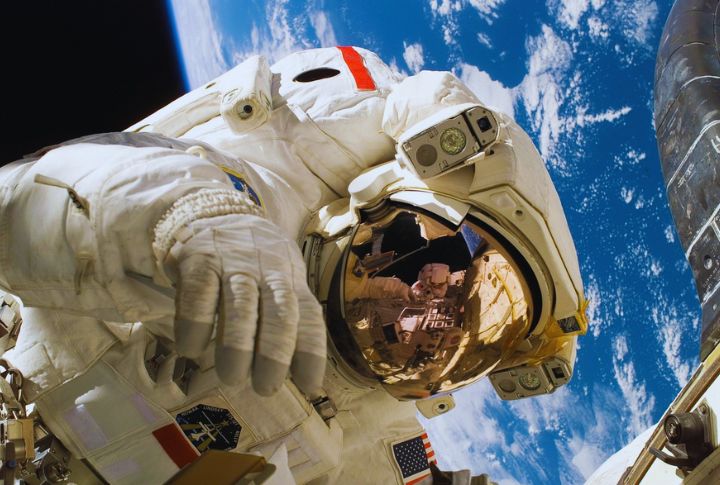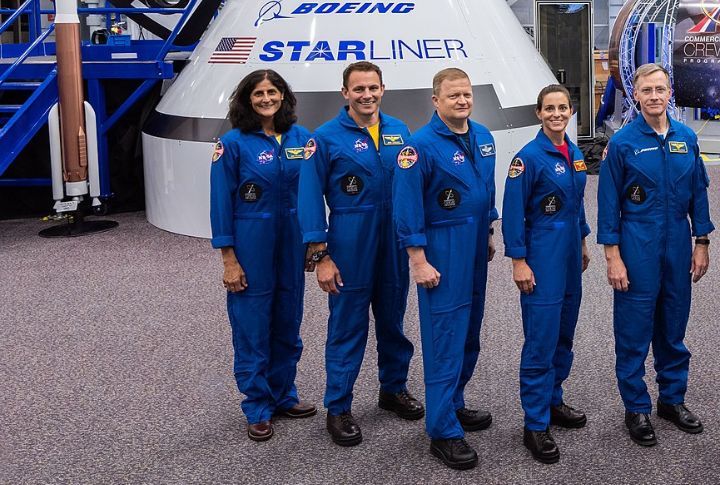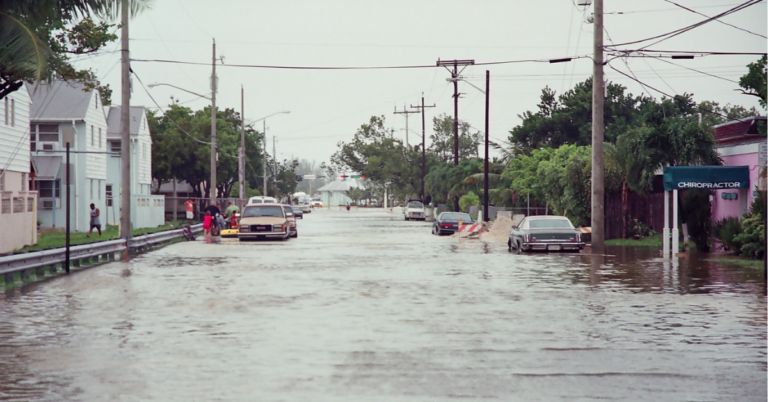15 Brutal Ways Space Travel Messes With The Human Body

Drifting above the Earth, weightless, while watching the stars! It feels dreamy until your body starts acting up. It may look peaceful, but it’s a wild ride inside that suit. So, what really happens to an astronaut’s body when they are in space? Let’s find out.
Bones Grow Fragile Fast

While you’re floating, your skeleton is quietly surrendering calcium. Bone density drops by about 1% each month, especially in areas that generally support weight, like the hips and spine. Unfortunately, this damage doesn’t always bounce back. Some astronauts return with long-term bone loss that raises their risk for future fractures.
Vision Can Change Forever

NASA discovered that extended missions cause permanent vision changes in many astronauts. The condition, known as SANS, results from fluid pushing on the optic nerve due to microgravity. Some report “flat eyeballs” post-flight, which is an eerie reminder that our eyes are developed strictly for the Earth’s environment.
Muscles Fade

Forget your usual workout routine—space takes muscle loss to a new level. Without gravity, your body doesn’t need to push or pull, so muscles, especially in the legs and core, weaken fast. Even daily exercise can’t entirely stop the decline, and recovery on Earth can be slow.
Radiation Damages Cells Deeply

In orbit, there’s no magnetic field to shield you. Cosmic rays and solar radiation constantly hit the body, causing DNA damage and increasing the risk of cancer. For future Mars travelers, radiation exposure could equal thousands of chest X-rays, raising serious health concerns we’ve only begun to address.
The Gut Microbiome Shifts

Your digestive system doesn’t escape the chaos. Spaceflight alters gut bacteria, which affects everything from nutrient absorption to immunity. In fact, NASA research on astronauts has shown shifts in the microbiome during missions. It is a significant change that affects overall health in ways that are still being studied.
Wounds Heal Slower

Skin becomes more fragile the longer you’re in space. Cuts take longer to heal, rashes become common, and skin starts shedding in sheets. One astronaut compared it to peeling like a snake. This is quite inconvenient in an environment that’s already harsh on the body.
Liver And Kidney Strain

Inside your body, gravity keeps things moving—until it doesn’t. In microgravity, the liver metabolizes medications differently, and the kidneys struggle to filter waste properly. Calcium builds up in urine, which increases the risk of kidney stones. NASA tracks all of this closely since it could turn dangerous fast.
Sleep Patterns Collapse

On the space station, the sun rises every 90 minutes. That means 16 sunrises and sunsets every day, throwing the body’s internal clock into a mess. Even with masks and lighting tricks, astronauts rarely sleep well. Most of them sleep for less than six hours a night on average, which adds up fast and affects performance.
Taste Buds Go Dull

Food in space just doesn’t hit the same. Due to fluid shifting upward and clogging the sinuses, astronauts often lose their sense of taste. As a result, spicy sauces and intense flavors become go-to requests. It’s not just a craving; it’s how they bring taste back to life.
Increased Risk Of Herpes And Shingles

Stress and immune suppression in orbit can awaken old viruses. NASA has documented the reactivation of herpes among astronauts, sometimes without visible symptoms. One crew member even developed shingles mid-mission. It’s a stark example of how spaceflight compromises immunity in subtle but profound ways.
Blood Redistributes Unnaturally

Without gravity, blood doesn’t settle where it usually does. Instead, it shifts toward the head and chest. This leads to puffy faces and stuffy sinuses. More importantly, these changes reduce overall blood volume, which leaves some astronauts lightheaded for days after returning.
Dehydration Risks Are Higher

Body fluids shift upward, but thirst doesn’t always follow. Sweat lingers instead of evaporating, and without careful monitoring, dehydration creeps in fast. All of it affects brain function—one of the quieter threats, but one that mission control watches like a hawk.
Balance Gets Rewired

The inner ear, which helps us stay balanced, depends on gravity. Without it, that entire system becomes confused. As a result, astronauts often feel dizzy or disoriented for the first few days. Walking straight or climbing stairs can be unexpectedly tricky, even after returning home.
The Earth-Out-Of-Reach Syndrome

Being far from Earth can be emotionally intense. The vast silence and isolation combine into what some call “Earth-out-of-reach syndrome.” It’s more than homesickness, like a heavy, existential awareness. Missions to Mars could stretch this pressure for years, testing mental endurance like never before.
Height Temporarily Increases

Astronauts return to Earth slightly taller, as space travel causes spinal elongation that adds nearly two inches to their height. While that sounds cool, it often leads to back pain and stiffness. Upon returning to Earth, gravity compresses the spine again, which can be uncomfortable.






